The Manwarings weigh in about the future
Family farms are a critical part of our Virginia countryside (it’s not just beauty). However, the number of traditional family farms have been shrinking for decades and that trend is likely to continue for the foreseeable future. What then is the future of farming in rural Virginia, and what will "rural" Virginia look like in 30 years? Over the next several newsletters, New Rural Virginia will be putting this question to several of our farmer neighbors. This month, we talked with Jim and Carolyn Manwaring
NewRuralVA: Tell us a bit about your farm and the work you have accomplished working your land.
Manwaring: We have several farms my father bought in the late 40s up to early 60s. He started out raising a little of everything, but we evolved into a cow calf operation. I took it over in 1985, and my wife and I ran it from then on. She and I did nearly everything ourselves even though I had a very full time job as a manufacturing engineer in a nearby automotive plant. We changed the way things worked to go from a farm with 3 full time workers to one with more cattle that two people worked part time. We introduced rotational grazing, and changed the herd from a wild bunch of cattle to a tame group that would follow us from field to field. In the process, we improved the fields, and fenced out many of the streams to improve water quality.
NewRuralVA: What do you hope the future of your farm will be after you retire? Do your children share your vision?
Manwaring: We are working presently to put the farm in easement to make sure it is not developed in the future. Our kids want to preserve the farm, but aren’t so sure they want to farm it themselves. They have wonderful memories of growing up in Rappahannock on the farm.
NewRuralVA: Would you advise your children to get into farming?
Manwaring: The only way I would want my kids to go into farming is if they first achieved financial security with a job off the farm. Once that is accomplished, they could farm if they wish. There is no security in farming. The two most important things that affect farming, the weather and the market, a farmer has no influence over.
NewRuralVA: It is often said that most farmers are land rich but cash poor, and that they could earn a better and safer income by just putting the value of their land into the stock market. Is that true in your experience?
Manwaring: Most companies expect 10% return on investment. Most farmers in this area do well to break even. They often borrow to support the operation until the farm hits the auction block. It is crazy to farm when you do little more than break even on a multi million dollar investment.
NewRuralVA: As the number of traditional family farms decline, there is a rise of other agricultural models, including: large agro-industry operations and partnerships, small organic and regenerative farms largely catering to high-end markets, part-time farmers, and intensive vertical horticulture. What do you see is the most likely models for our area in the future?
Manwaring: Our area is not conducive to large agro-industry operations. The land is not great for cropping because it is too rough, and the soil in general is not great. As farm operators in our area, I see the land either being sold, or leased out to keep it in land use. Lease payments in this area are quite small because ofthe low value of the land for housing. Given the proximity of urban areas to Rappahannock, however, there would seem to be opportunity for selling directly to the consumer, pick your own operations, and tourist based agriculture that profits from visitors to their property who then buy directly.
NewRuralVA: What do you think would be good for farming in our rural communities?
Manwaring: Land use taxation has to continue. If our farm was taxed at development value, it would have to be sold.
NewRuralVA: Government policies (subsidies, tax policies, etc) obviously have a huge impact on agriculture. What would be the most important policy changes that could help family farming prosper?
Manwaring: In the case of beef cattle, there are few subsidies that assist us. The only thing I can think of is incentives to keep open space. Easements allow for some financial incentive to keep open space, but they should be revisited to change some aspects of the program as it exists today.
In the beef industry, the ones with the deepest pockets are the processors, and a lot of government policies favor them. For instance, when you buy most food products, the label must state the country of origin. In the case of beef, however, labeling rules allow processors to label as product of the USA beef raised in another country, as long as it is packaged in the United States. Bottom line, consumers don’t know what they are buying. This favors processors who can buy cheaper beef from Brazil, process and package it here, and sell it as an American product.
It is difficult for agricultural enterprises to agree on what they want in term of government policy. For instance, people who raise cattle want inexpensive grain. Those who process beef would like to pay as little as possible for that beef, and improve profits when they sell it. That’s a challenge.
NewRuralVa: What haven't we asked you? What are a few things that your neighbors should appreciate about family farming?
Manwaring: Neighbors should recognize that our keeping large spaces open increases the value of their land. And, open spaces do not require government spending for trash disposal, schooling of kids, and other costs associated with developed land. Any small inconveniences caused by a farm next door are worth it to keep a housing development from being next door.
